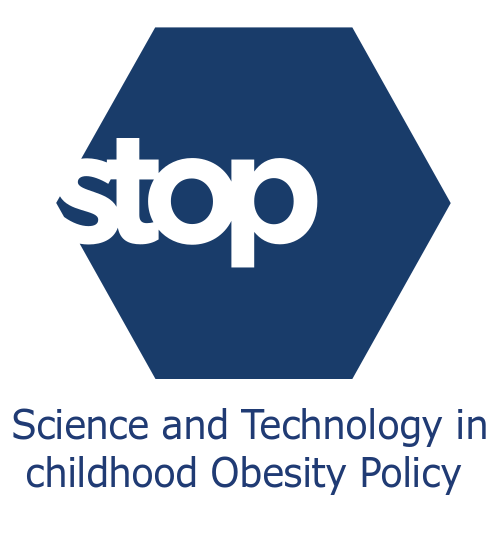Through innovative and rigorous research methods, STOP partner projects aim to generate new evidence and develop robust and sustainable findings, recognising that current interventions to curb the rise in child and adolescent obesity have failed.
Learn more about each project below:
The Policy Evaluation Network (PEN)
PEN is a multi-disciplinary research network within the Joint Programming Initiative on a Healthy Diet for a Healthy Life (JPI HDHL). Its vision is to provide Europe with tools to identify, evaluate, and benchmark public policies designed to address physical activity (PA) directly or indirectly, unhealthy diets, and sedentary behaviour (SB) while also accounting for health inequalities.
In consultation with policymakers and experts in policy development, implementation, and evaluation, PEN has undertaken to (1) assess policy potential for influencing food and PA environments, (2) foster a pan-European monitoring and surveillance system, (3) model policy impact at the population level, (4) evaluate policy implementation processes, and (5) provide recommendations to ensure that equity and diverse perspectives are reflected in policies across Europe.
PEN has concluded its second year and despite COVID-19 impediments, significant work has been achieved, including:
- Publication of the EU Healthy Food Environment Policy Index (Food-EPI)
- Publication of a 4-country comparison of PA policy
- Development of an open-access searchable catalogue of existing monitoring and surveillance datasets (see: https://www.jpi-pen.eu/pen-eu-policy-indicator-catalogue.html)
- Development of a shared terminology (PEN glossary)
- Establishment of the PEN Early Career Network
- Enhancement of the collaboration with the CO-CREATE, STOP, and JA Best-ReMaP projects. This will maximise the impact of each project through joint work.
Find more information and outcomes at https://www.jpi-pen.eu/.
Best-ReMaP Joint Action of the European Union
Best-ReMaP is a European Union financed Joint Action on diet and nutrition with a special focus on children. The project started in October 2020 and will run for 3 years. The main aim is to adapt, replicate and implement practices that have been proven to work in the areas of re-designing the composition of processed food (food reformulation), food marketing, and public procurement of foods in public settings, such as kindergartens, schools, and hospitals. Best-ReMaP also supports EU Member States in adopting and implementing policies on childhood nutrition, based on evidence and research.
To achieve these goals, Best-ReMaP will contribute to European initiatives that seek to change the current food environment available for Europeans by:
- Providing Member States assistance to produce a snapshot of food currently offered to consumers at national markets and with this food snapshot methodology offer an opportunity to monitor the impact of national regulations aimed at decreasing the salt, sugar, and fat contents of processed food.
- Creating the Food Information Database to ensure the sustainability of data collection on food reformulation (i.e., changing and regulating the food composition that can be offered on the market) at the EU and national levels and of monitoring trends in food reformulation.
- Reducing the impact of harmful marketing of food to children in the EU by considering options to extend an existing Scandinavian regulation model across the EU Member States.
- Improving the quality of menus in the kitchens of public institutions by ensuring a more professional and principled procurement procedure.
Learn more about the project and its aims and methods here: https://bestremap.eu.
Confronting obesity, co-creating policies with youth (CO-CREATE)
CO-CREATE, a five-year (2018-2023) research project brings together a consortium of 14 international research and advocacy organisations, across 10 countries to generate news into childhood obesity and its relation to the implementation of policies.
Through a more experimental approach, CO-CREATE aims to investigate how policy changes can support healthy eating and a physically active lifestyle to halt the rise of adolescent obesity. By focusing on upstream factors and context change instead of on individual behaviour change, CO-CREATE hopes to generate sustainable impacts that contribute to narrowing inequalities. The project provides a model for how to involve young people and the range of relevant stakeholders by explicitly politicising the issue of obesity, providing specific obesity-related policy proposals, and designing and testing advocacy tools and strategies for implementation and evaluation.
For more information on CO-CREATE visit: https://www.fhi.no/en/studies/co-create/.

